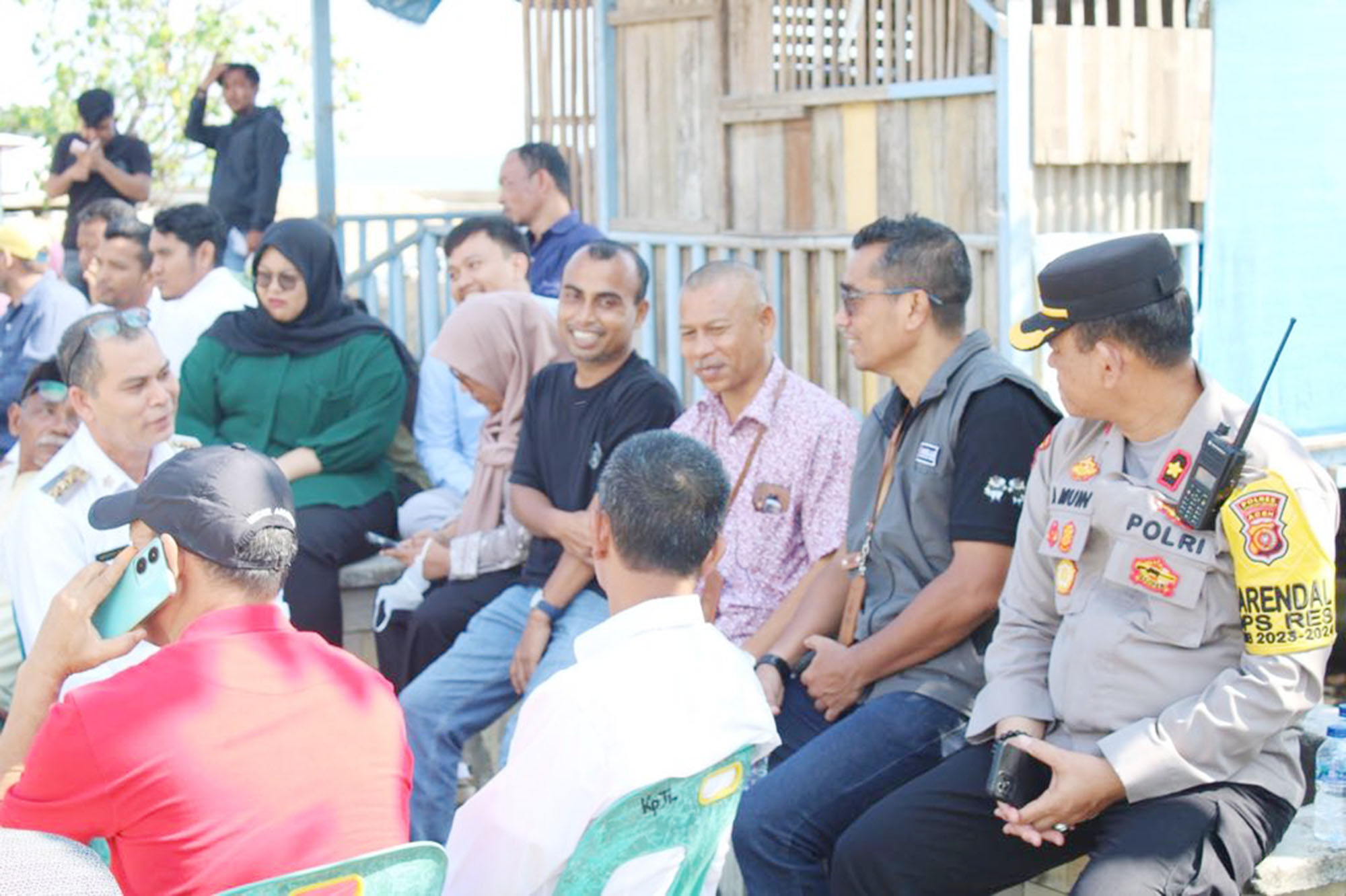
Many parties consider the implementation of the general election in Aceh to have been an anomaly since the regulation. The existence of special regulations creates a number of stages that are different from other regions in Indonesia, starting from the authority to recruit organizers, the nomenclature of organizers, to several other stages that are different because they refer to special laws.
In practice, this difference often results in sharp differences in its implementation, including in the formation of supervisory institutions. The synchronization of regulations is one of the solutions that is awaited for the sake of effectiveness and efficiency of resources as mandated by law.
At the same time, Aceh (including Lhokseumawe City) is a former area of armed conflict with residues that are still felt in the election contestation, even after several elections since the end of the armed conflict in 2005. Figures who were involved in conflicts in the past have migrated to the world of politics and even joined several different parties. In fact, when in the same party, the potential for friction is still high due to rivalry in the fight for seats.

The combination of the above situations makes the challenge of making the election a success more complex. It is not surprising that some consider the success of the election implementation in Lhokseumawe City to be one of the indicators of the success of the election in Aceh as a whole, outside of several other districts that are also indicators and all of which are centers of armed conflict in the past.
This condition requires hard work from election organizers in Aceh, including Lhokseumawe. The ability to understand regulations is required to be more competent and complete than organizers in other regions in Indonesia. For Bawaslu members—or Panwaslih in Aceh—they must have a deeper understanding of regulations. Not only understanding the election law, but also KPU Regulations, Bawaslu Regulations, qanun (regional regulations), and other related legal products. In fact, at certain stages, the Aceh Independent Election Commission (KIP) also has the authority to issue regulations that must be mastered by Panwaslih.
This complexity is what makes the supervision of the 2024 Election in Lhokseumawe City like working in the midst of the strong currents of politics. The supervisors involved in it are required to have the ability to swim among the currents without being swept away while still obeying the orders of the laws and regulations. All of that is not easy because it must be able to manage supervision through synergy and collaboration with all parties.
The fast-flowing election supervision is what is explained in this book with its various dynamics. It is hoped that it can be a reference for election supervision innovation in the future.
This book would not have been born without the support of various parties. For that, we would like to thank the leadership of the Bawaslu of the Republic of Indonesia and all levels of the secretariat, the Aceh Provincial Panwaslih, the Lhokseumawe City Independent Election Commission (KIP), the Lhokseumawe City Government, academics, election observers, journalists, and all parties who have partnered and collaborated with the Lhokseumawe City Panwaslih to supervise the 2024 Election which is honest, fair, dignified, and trusted by the community. Hopefully, this support and cooperation will continue in the future.[]
